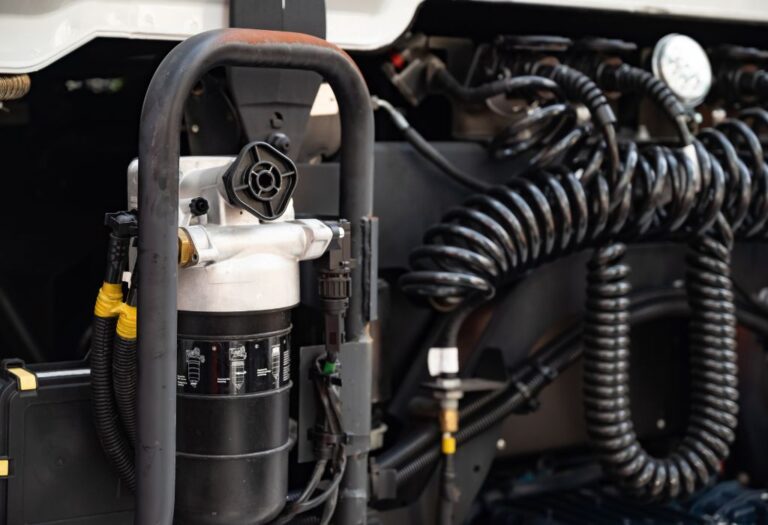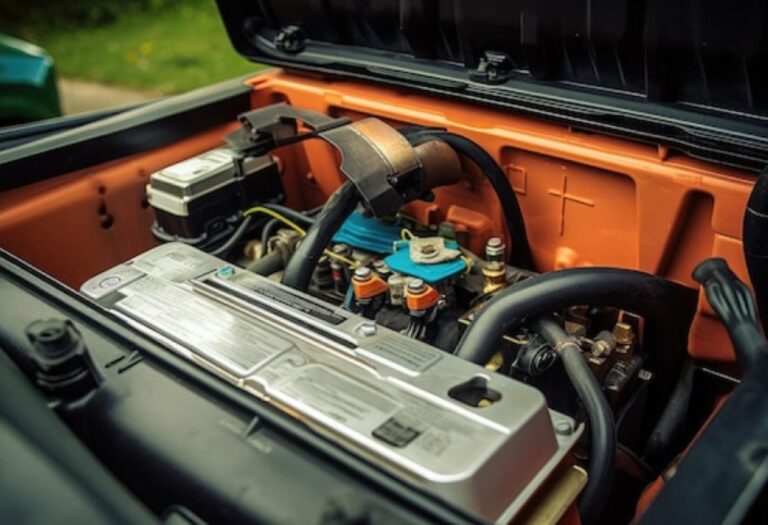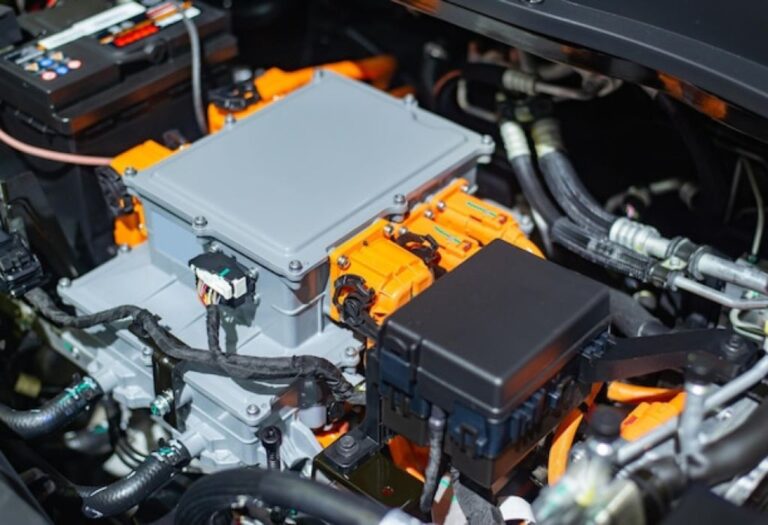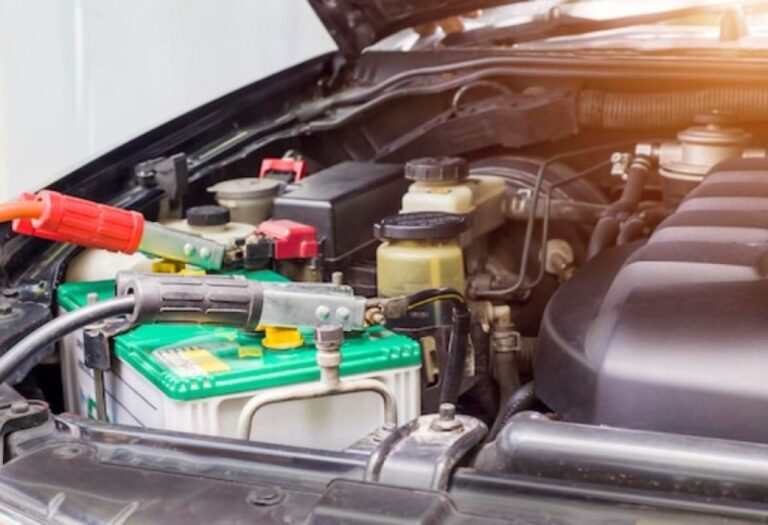Can I Run My RV Fridge on Battery While Driving? Complete 2025 Guide
An RV owner preparing for a long road trip often worries about whether food in the fridge will stay cold while traveling for hours on the highway.
The thought of spoiled groceries or warm drinks can be frustrating, especially when the fridge is full and temperatures outside are high.
Modern RV refrigerators can run on propane, shore power, or battery, but not all options are equally efficient when the vehicle is in motion.
Many RVers wonder if using the house battery while driving is safe, practical, and reliable enough to keep food cold without draining power.
According to the RV Industry Association, more than 1 million RVs travel the roads in the U.S. each year, and refrigerator power is one of the biggest concerns for new owners.
Understanding whether you can run your RV fridge on battery while driving requires looking at how fridges are powered, how much energy they consume, and what alternatives exist.
Making the right choice ensures that your food stays cold, your batteries remain charged, and your trip continues smoothly.
This guide covers the details of fridge power sources, battery drain, safety, and best practices for RVers in 2025.
How RV Fridges Are Powered
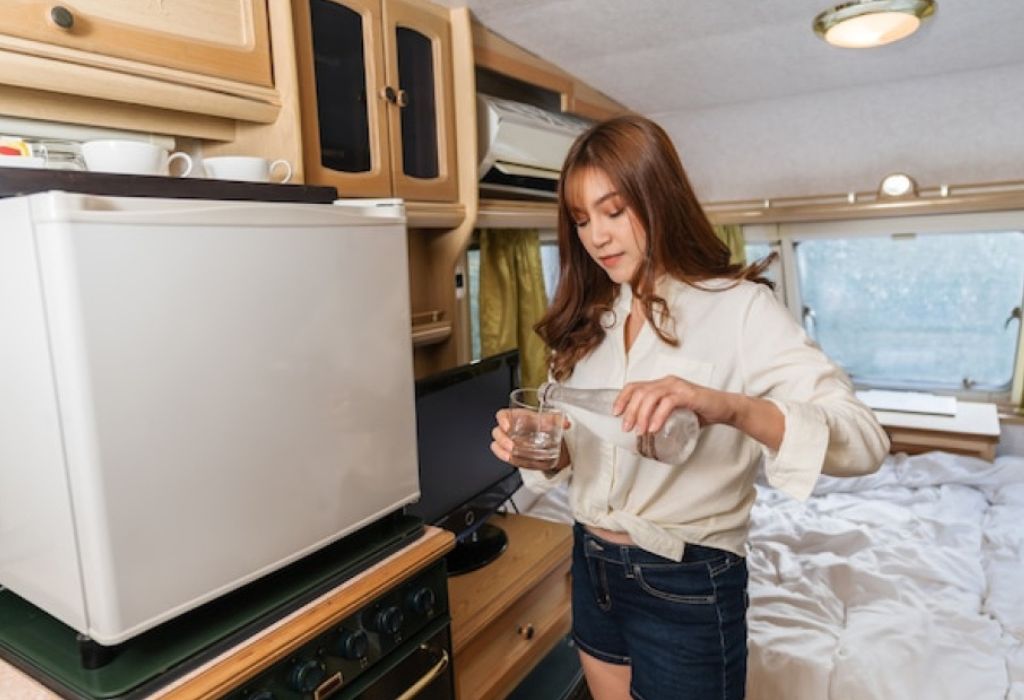
RV fridges are designed to run on multiple power sources, usually propane, 120V AC (shore power), and 12V DC (battery). This versatility allows them to work in campgrounds, off-grid locations, and on the road.
There are two main types of RV fridges: absorption fridges and compressor fridges. Absorption fridges can use propane or electric power, while compressor fridges typically run on 12V or 120V.
Battery power is often considered a backup mode rather than the primary source. Many owners only use it when traveling short distances or between campgrounds.
Driving conditions, fridge type, and battery setup all influence whether the fridge will operate efficiently on battery.
How do RV fridges get power?
They run on propane, 120V AC, or 12V DC.
Do they all run on battery?
No, not every fridge supports 12V mode.
What is the difference between absorption and compressor fridges?
Absorption uses propane, compressor uses electricity.
Is 12V mode efficient?
No, it draws heavy current.
Does fridge type affect driving use?
Yes, efficiency depends on the model.
Can You Run an RV Fridge on Battery While Driving?
Technically yes, but it comes with limitations. Most RV fridges can operate on battery power while driving, but they pull a lot of amps.
Driving recharges the house batteries through the alternator, but the fridge may drain power faster than the alternator replaces it. This makes it practical for short trips but risky on long drives.
Some setups include isolators or chargers that improve alternator-to-battery charging efficiency. Without these upgrades, battery-only fridge use can lead to drained batteries on arrival.
For best results, owners often combine alternator charging with solar support or use propane while driving.
Can I run fridge only on battery?
Yes, but only for limited time.
Will battery last all day?
No, it drains too quickly.
Does alternator keep fridge running?
Sometimes, but not always efficiently.
Is it safe to use battery while driving?
Yes, but not always practical.
Does fridge type matter?
Yes, compressor fridges are more efficient.
Battery Drain and Power Requirements
Absorption fridges typically draw 15–20 amps per hour in 12V mode. This means a single battery could be drained within hours without recharging support.
Compressor fridges are more efficient, often using 3–6 amps per hour. They still add significant strain to the battery over long periods.
Standard RV batteries have limited capacity and are not designed to run heavy loads continuously while driving. Multiple batteries or lithium upgrades may be required.
Understanding amp draw and battery size is essential before relying solely on DC power.
How much power does a fridge use?
Absorption 15–20 amps, compressor 3–6 amps.
How long will battery last?
Only a few hours without charging.
Do compressor fridges save power?
Yes, they are more efficient.
Does battery size matter?
Yes, larger batteries extend runtime.
Can multiple batteries help?
Yes, they increase capacity.
Using the RV Alternator While Driving
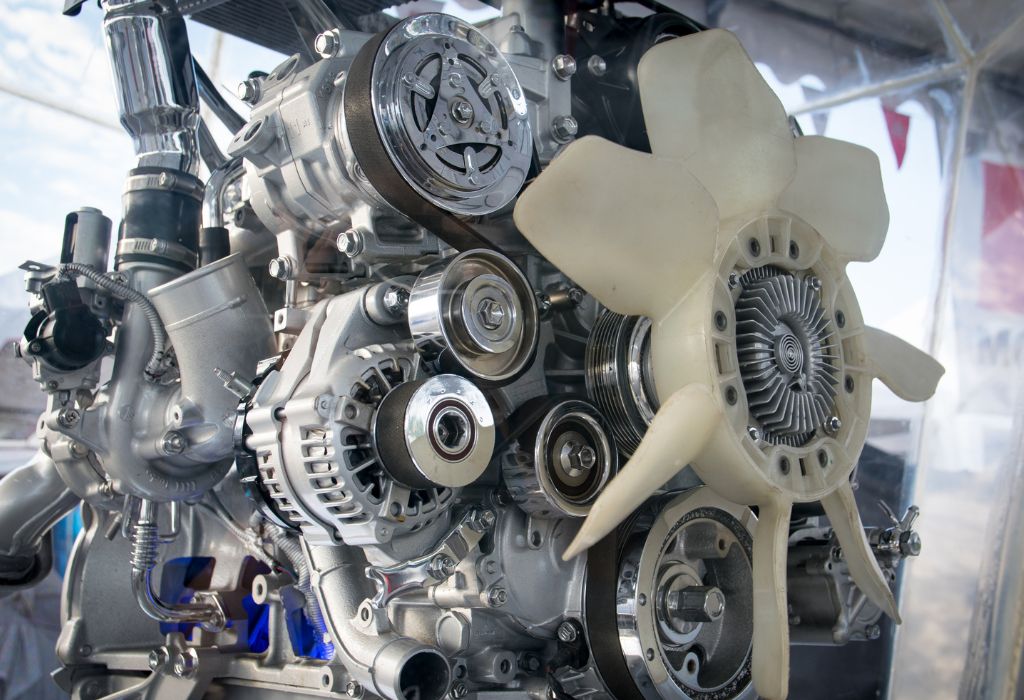
Most RVs allow the vehicle’s alternator to charge the house batteries while driving. This helps offset the power draw of the fridge.
However, alternators are not always strong enough to keep up with heavy fridge demand. In many cases, the battery still drains slowly.
Installing a battery isolator or DC-DC charger ensures more reliable charging while driving. These devices regulate power and protect batteries from damage.
With the right setup, an alternator can keep the fridge powered on battery during travel without major issues.
Does alternator power fridge?
Yes, indirectly through charging batteries.
Do I need a battery isolator?
Yes, for safe alternator charging.
Can alternator keep up with fridge?
Sometimes, but not always fully.
Is a DC-DC charger necessary?
Yes, for efficient charging.
Does this work for all RVs?
Yes, but wiring may differ.
Alternatives to Running RV Fridge on Battery
Propane mode is the most common alternative while driving. It provides steady cooling with lower power demand on batteries.
An inverter paired with a strong battery bank can power fridges on AC mode. This is useful for compressor-style RV fridges.
Solar panels can also supplement battery power, especially on long trips in sunny conditions. This helps balance fridge consumption.
Pre-cooling the fridge before departure reduces the need for constant power while traveling. Cold storage stays stable for several hours if the door remains closed.
Is propane better while driving?
Yes, it is efficient and reliable.
Can I use an inverter for fridge?
Yes, with enough battery support.
Does solar help?
Yes, it reduces battery strain.
Should I pre-cool before trip?
Yes, it keeps food cold longer.
Is battery-only ever recommended?
No, unless for very short trips.
Safety Considerations
Running propane while driving carries safety risks, especially in accidents where leaks could ignite. Some states or tunnels restrict propane use in transit.
Battery mode avoids fire risk but risks arriving with drained batteries. It is safer but less reliable for long travel.
Proper wiring, fuses, and monitoring devices prevent overheating or shorts when using DC mode. Equipment should always be inspected before long trips.
Each method has pros and cons, so safety comes down to responsible use and proper maintenance.
Is propane safe while driving?
It works but carries fire risk.
Is battery safer than propane?
Yes, but less reliable.
Can fridge wiring overheat?
Yes, if not properly fused.
Are there travel restrictions on propane?
Yes, some tunnels and ferries ban it.
Should I install monitors?
Yes, for both battery and propane use.
Best Practices for Keeping Food Cold While Traveling
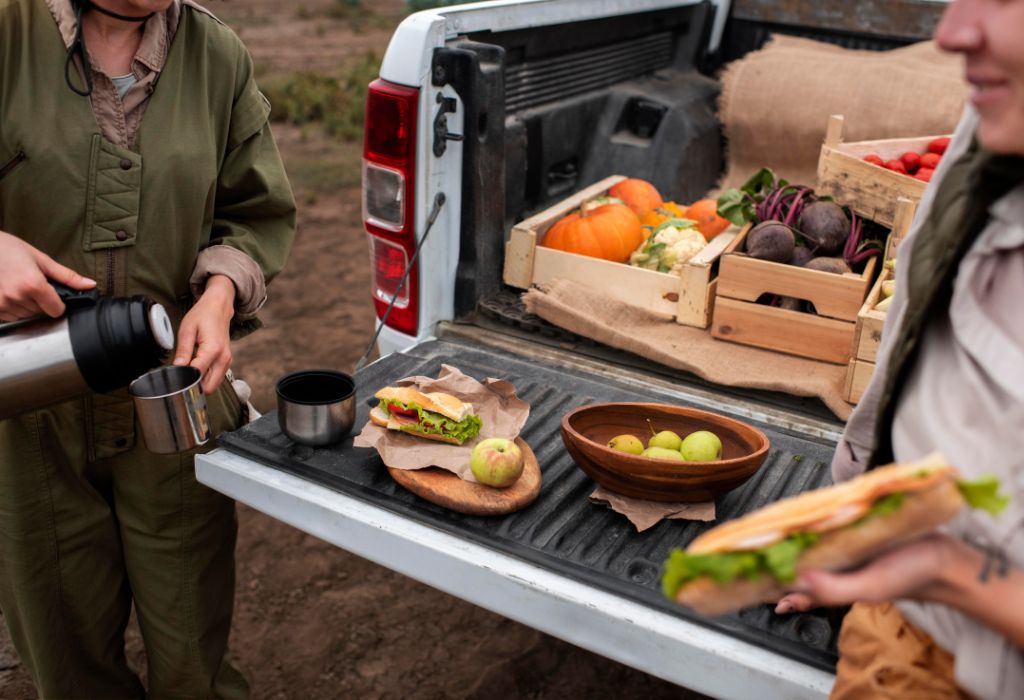
Pre-chill the fridge overnight before your trip to reduce strain during driving. This helps the food stay cold even with minimal power.
Keep the fridge full to maintain temperature stability. A full fridge holds cold better than an empty one.
Limit door openings while traveling to prevent warm air from entering. Using coolers or ice packs can provide extra backup for long trips.
Combining these habits with efficient power use keeps food safe and prevents waste.
How to keep fridge cold without power?
Pre-chill and use ice packs.
Does pre-chilling help?
Yes, it extends cooling time.
Do ice packs extend cooling?
Yes, they add extra cold storage.
Does a full fridge stay cold longer?
Yes, it maintains stable temperatures.
Should I use a cooler for backup?
Yes, for extra food security.
Conclusion
Yes, you can run your RV fridge on battery while driving, but it comes with limitations and risks. Most fridges draw too much current for batteries to sustain alone.
Alternator support, propane mode, or solar panels are often more reliable choices for long trips. Battery-only is best reserved for short drives.
Safety, efficiency, and food preservation should guide your choice. By planning ahead and using best practices, you can keep your fridge cold and your food safe while traveling.
Final advice: choose the power option that balances battery life, fridge efficiency, and safety rules, ensuring a worry-free RV journey.
I’m David R. Coleman, the founder, lead writer, and lifelong tool enthusiast behind GarageToolPro.com. With years of experience in automotive repair, woodworking, and home DIY projects, I created this platform to share practical tips, detailed tool reviews, and step-by-step guides that help mechanics, hobbyists, and homeowners get the job done right the first time.


